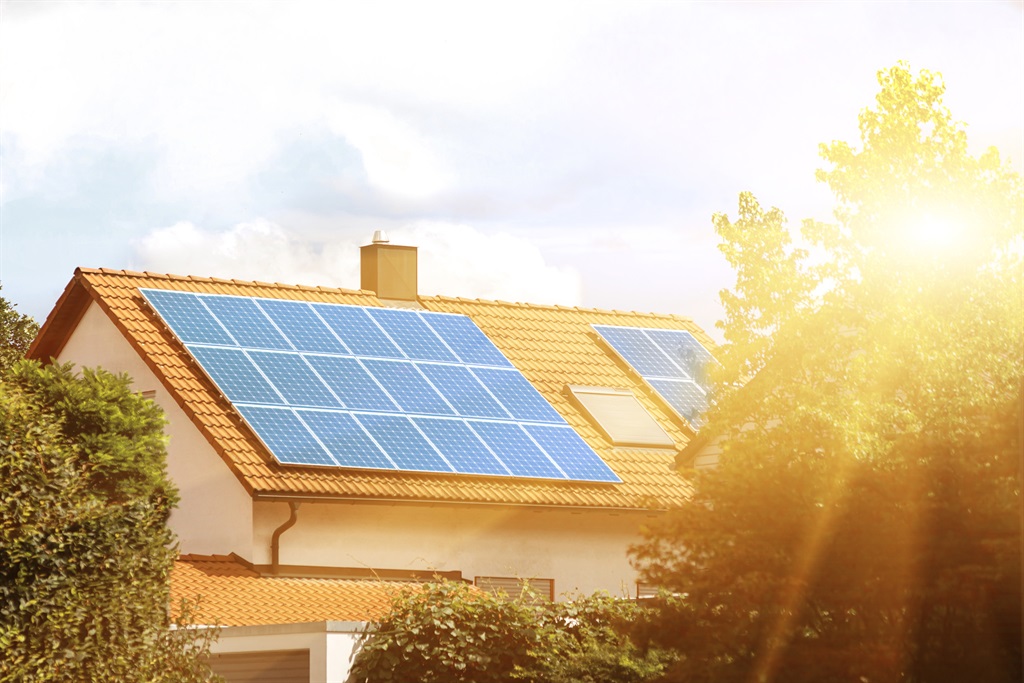
Millions of South African citizens’ frustrations are building over the electricity crisis that has plagued our country over the past 14 years. In 2022 alone, we experienced 208 days of load shedding, causing the term concept to be one that even preschool children are familiar with and anxious about. The psychological burden of this crisis cannot be overstated. Not only does it disrupt our daily lives and work schedules, but it also has a profound impact on our mental health and wellbeing, due to the uncertainty linked to the crisis.
With no glimmer of hope that the crisis will soon end, we observe a significant increase in the number of people implementing rooftop solar solutions and energy storage for their homes, as it provides them with a measure of energy security and independence. However, this option remains limited to those who can afford the upfront costs. Unfortunately, this also means that the gap between those who can afford to solve their own energy supply problems, and those who cannot, is widening. This is leading to greater inequality. While rooftop solar and energy storage may be part of the solution for some, the question remains, can renewable energy be the solution to the energy crisis for all South Africans?
As an engineering academic at the NWU Business School, I have been closely following the developments in the energy sector, given the impact of the energy crisis on the economy. When considering the recent advances in technology, I believe that renewable energy has the potential to play a significant role in addressing South Africa's energy challenges, even though it is not yet without limitations.
Coal, which currently still dominates South Africa’s energy mix, is a finite resource and is becoming increasingly expensive to extract. In contrast, renewable energy sources such as wind and solar energy sources are abundant (especially in South Africa) and free to access once the necessary infrastructure has been put in place. Furthermore, the cost of renewable energy technologies such as solar panels and wind turbines has been decreasing rapidly in recent years, while the cost of coal-fired power plants has been increasing. This means that it is becoming more cost-effective to invest in renewable energy, especially as the cost of fossil fuels is expected to continue to rise.
In addition to being sustainable and cost-effective, renewable energy can also be more reliable than traditional forms of energy generation. This is because renewable energy sources can be distributed and decentralised by independent power producers (IPPs), which means that power can be generated closer to where it is needed. This can help to reduce the likelihood of nationwide power outages and load shedding. In addition, competition between power producers could potentially also lead to better energy prices for consumers.
However, it is important to note that there are still some challenges that need to be overcome for renewable energy to become a more significant part of South Africa's energy mix. One of the main challenges is the need for adequate infrastructure to accommodate grid connection of external sources. We also need to address the issue of storage, as renewable energy sources such as solar and wind are intermittent and require backup systems for when they are not generating power.
Besides batteries, hydrogen is a plausible solution to implement as storage medium in combination with wind and solar, at times when the supply exceeds demand, and times when the demand exceeds supply. There are still technical challenges to overcome in terms of developing efficient and cost-effective fuel cells and Hydrogen storage technologies. In addition, there is currently limited hydrogen infrastructure in South Africa, meaning that significant investment would be needed to build the necessary infrastructure. Nonetheless, as the world continues to transition to a low-carbon energy system, hydrogen is likely to play an increasingly important role, and South Africa should not ignore the potential that this versatile energy carrier offers.
It is important to recognise that renewable energy is not a silver bullet solution to South Africa’s energy crisis. While it can play a significant role in addressing the country’s energy needs, it is unlikely to completely replace traditional forms of energy generation soon. Instead, a combination of renewable energy and traditional energy sources may be the most effective solution. As consumers, we also need to continue to improve the efficiency of our energy use and reduce our overall demand.
The electricity crisis in South Africa is a complex issue that affects us all. However, by working together and embracing new technologies and solutions, we can overcome this challenge. As a nation, we have the resilience and the creativity to overcome even the greatest of challenges. Let us continue to explore the possibilities of renewable energy and IPPs, and move forward towards a brighter, more sustainable future for all South Africans.
- Prof Leenta Grobler is an associate professor in digitalisation at the NWU Business School.
She is a multi-award-winning inventor and innovator, developing digital products for use in various sectors, including health, public management and education. She is a computer and electronics engineer by training and an associate professor in digitalisation and digital economies at the NWU Business School. Leenta is a champion for the promotion of digital skills as a way to overcome unemployment among female youth on the African continent, as manifested by her annual youth innovation competition, called innovateHER. Her research focus falls on the use of the internet of things technology to bring high-impact solutions to remote and under-resourced communities in developing countries. She is the founder and CEO of a two start-up companies, through which the inventions of her group of research collaborators are being commercialised.
This post and content is sponsored, written and produced by NWU Business School.




 Publications
Publications
 Partners
Partners


























